The Reserve Bank of Zimbabwe has launched a new gold-backed currency called ZiG to help stabilise the economy and protect citizens from currency fluctuations and sky-high inflations. ZiG, the new gold-backed currency, which stands for "Zimbabwe Gold", was introduced by the Central Bank Governor, John Mushayavanhu, on Friday.
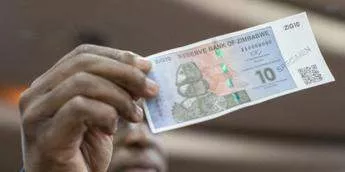
ZiG, the new gold-backed currency, which stands for "Zimbabwe Gold", was introduced by the Central Bank Governor, John Mushayavanhu, on Friday.
According to Mushayavanh, the bank's intention is to replace the Zimbabwean dollar, the RTGS, which has lost three-quarters of its value so far this year, with the gold-backed currency, ZiG. He also stated that Zimbabweans have 21 days to convert their old cash into new money. During this time, the US dollar, which accounts for 85% of transactions, will remain legal tender.
The newly minted Zimbabwe Gold-backed currency, showcased as a specimen.
"With effect from today... banks shall convert the current Zimbabwe dollar balances into the new currency," Mushayavan said, presenting a monetary policy statement. He added that the banknotes will come in denominations of 1, 2, 5, 10, 50, 100, and 200 ZiG, and coins backed by Zimbabwe's gold reserves will also be introduced to overcome the shortage of US coins, which has led to unconventional practices where consumers often receive change in the form of sweets, small chocolates, and pens.
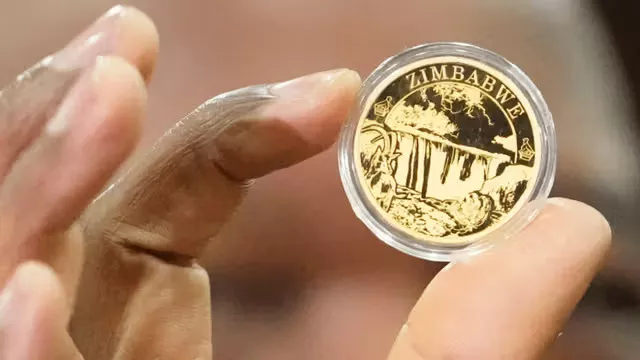
See Zimbabwe's gold-backed plan to fight against the US dollar
The introduction of the gold-backed currency is expected to stabilise the currency situation, leveraging Zimbabwe's gold reserves to instil confidence in the new monetary initiative. According to official data, Zimbabwe's gold deposits have played a significant role in the country's economy, as the precious metal accounted for nearly 25 per cent of the nation's total exports in January 2024.
Experts have questioned whether Zimbabwe has enough reserves to adequately back the currency and if the latter could suffer from volatility in gold prices. According to economist Prosper Chitambara, other countries, such as neighbouring South Africa, had much larger reserves.
"The more the reserves, obviously, the more the confidence and the more your capacity to be able to defend your currency against any shocks," Barrons reported.

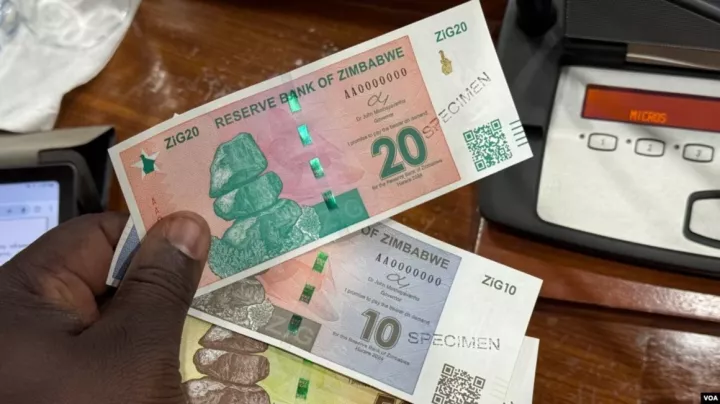
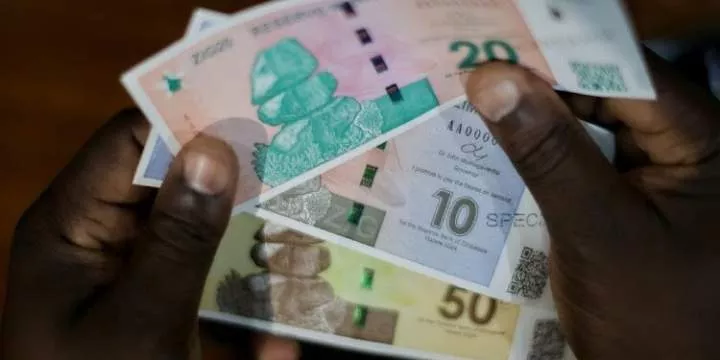

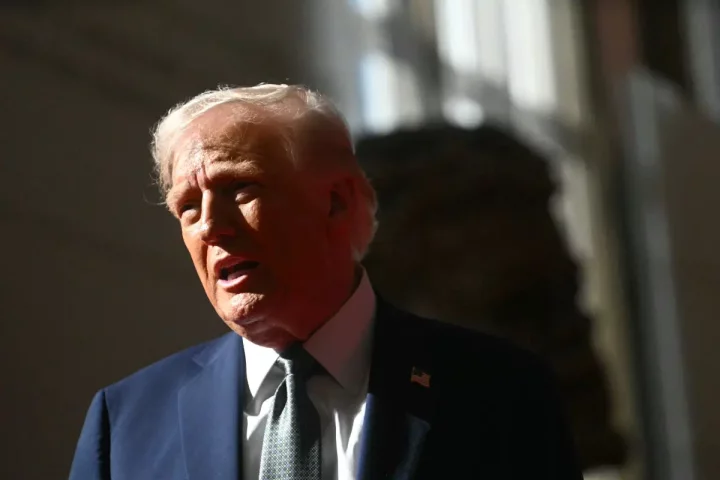
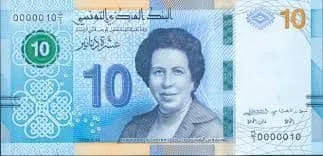
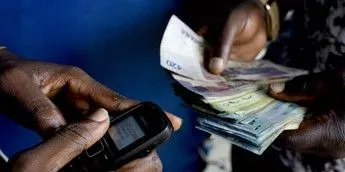

![Rivers State Administrator Ibas Issues Orders to Local Government Heads [PHOTO] Rivers State Administrator Ibas Issues Orders to Local Government Heads [PHOTO]](https://static.netnaija.com/i/voKd6nGZarx.webp)







Comments